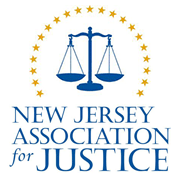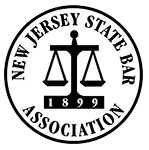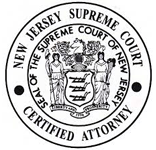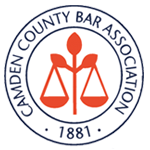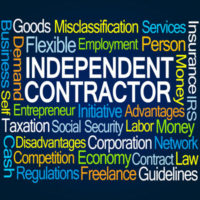 According to an estimation from the Internal Revenue Service (IRS), millions of workers in the United States are misclassified. Due to employer greed, these workers are left without laws that protect employees. Fortunately, New Jersey is taking a stand against misclassification.
According to an estimation from the Internal Revenue Service (IRS), millions of workers in the United States are misclassified. Due to employer greed, these workers are left without laws that protect employees. Fortunately, New Jersey is taking a stand against misclassification.
The New Jersey Department of Labor (NJDOL) and the U.S. Department of Labor (DOL) both agreed to increase efforts to prevent misclassifications. The agreement stems from a recent report highlighting the frequency of misclassifications in New Jersey. According to the report, the NJDOL found that there were over 12,000 cases of misclassification in New Jersey in 2018.
What is Misclassification?
Misclassification is when an employer illegally claims that their employee is an independent contractor. In doing so, it prevents employers from abiding by laws that protect workers. There are various reasons why an employer might misclassify their employees. An employer might want to avoid paying minimum wage or paying overtime. Since labor laws are based on employee-employer relationships, these laws do not apply to independent contractors. Misclassifying a worker allows an employer to avoid fulfilling the responsibilities associated with labor laws.
When a worker is misclassified, they miss out on important programs and benefits. For example, employees are typically entitled to workers’ compensation in the event of a workplace accident. However, if an employee is considered an independent contractor, they are not eligible for workers’ compensation benefits. Similarly, the misclassification allows an employer to avoid paying workers’ compensation insurance for that worker. This is also the case for unemployment benefits. Misclassifications affect Social Security and Medicare taxes. Typically, employers must pay for half of their employees’ taxes on Social Security and Medicare. However, this rule does not apply to independent contractors.
Independent Contractor versus Employee
There are a few ways to identify whether a worker is an independent contractor or is misclassified as one. For example, independent contractors often perform certain tasks that regular employees do not. Some of these tasks include:
- Paying their own expenses
- Making their services available publicly
- Having an employer sign a client agreement form
Similarly, there are other identifiers that indicate a worker should be considered an employee and not an independent contractor. These identifiers include:
- Receiving benefits
- Receiving training
- Having expenses paid for
- Can be fired anytime
This is important to note, especially for workers looking for benefits that are exclusive to employees, such as workers’ compensation. If you are a misclassified employee seeking workers’ compensation benefits, you should contact a workers’ compensation lawyer.
Cherry Hill Workers’ Compensation Lawyers at Pietras Saracino Smith & Meeks, LLP Advocate for Misclassified Workers
If you or a loved one was misclassified by an employer, you need the services of a Cherry Hill workers’ compensation lawyer at Pietras Saracino Smith & Meeks, LLP. Our lawyers work to ensure that clients obtain the best possible legal outcome in their case. Contact us online or call us at 856-761-3773 for a free consultation. Located in Cherry Hill, New Jersey, we proudly serve clients throughout South Jersey, including Camden, Cinnaminson, Delran, Maple Shade, and Pennsauken.








